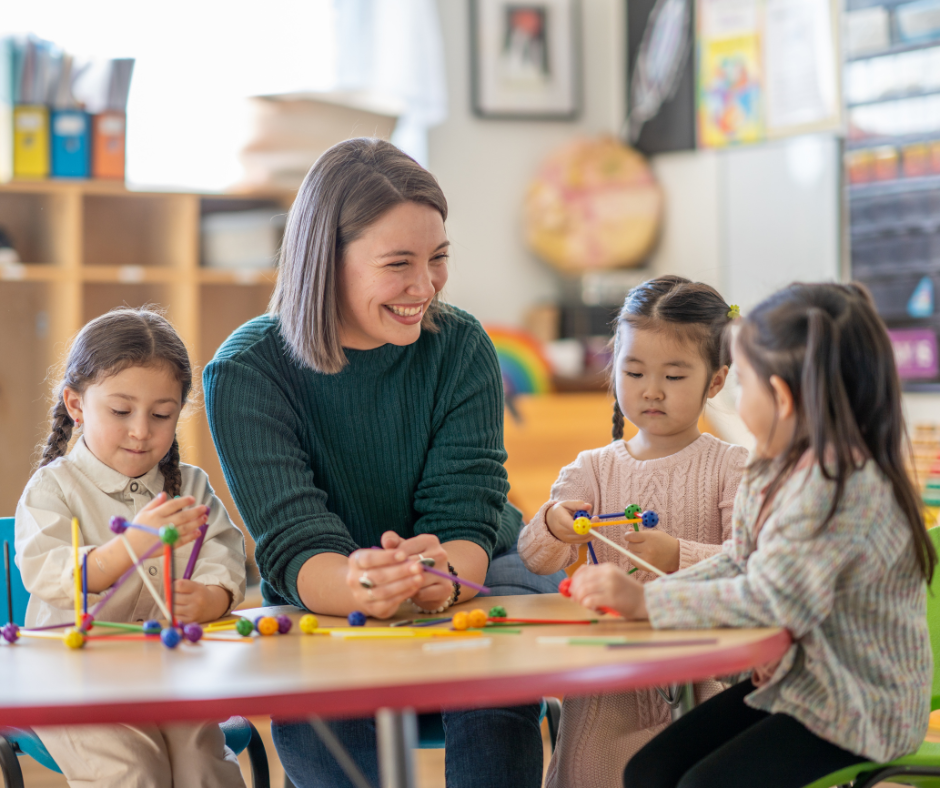Introduction to ELA Adult Learning:
Level 3 Early Years Educator
Relevant for early years practitioners who are looking to develop further their knowledge, understanding and practice and gain a recognised L3 qualification whilst working with children aged 0-5 yrs.
● Private and public settings
● Full day care
● Children’s centres
● Pre-schools
● Reception classes
● Playgroups
● Nursery schools






